Chris Kwaja, a professor and country director at the United States Institute of Peace, has attributed the “reduced national interest” in the just-concluded Ondo governorship elections to the off-cycle nature of the election and the state’s history of peaceful elections.
Mr Kwaja, a board member of civil society organisation, Yiaga Africa, told PREMIUM TIMES in an interview in Akure on Sunday that the election took place at a time when the political atmosphere was not ‘tensed’ because 2027 is still far ahead in terms of election season.
“The second is that Ondo State has a history of peaceful elections. People tend to be more not at ease with states where they think have a history of violent confrontations during elections,” he said.
“Edo was hot because it has a history of tension and violence when it comes to elections, which is different from Ondo. And you can see from the observation, for those of us who went around the state, both from the pre-election and the election proper, there has not been any tension that has led to any red flag per se.”
He also said that a “flawed” voter register may have also contributed to the low turnout observed.
“All along, my argument is that we are using a faulty voter register. The voter register we have on the ground is not correct,” he said, even though INEC said last year that it had cleaned the voter register ahead of the 2023 general elections.
Mr Kwaja said the voter register needed to be cleaned up again to get more accurate data on voter turnout.
Nigerians need credible journalism. Help us report it.
Support journalism driven by facts, created by Nigerians for Nigerians. Our thorough, researched reporting relies on the support of readers like you.
Help us maintain free and accessible news for all with a small donation.
Every contribution guarantees that we can keep delivering important stories —no paywalls, just quality journalism.
“But you need to also understand that there is a whole political economy around voting in Nigeria and population,” he said.
“That this same population we are using for voting is what we use in the distribution of resources.
“The federation account or the allocation that each state gets, the population is a factor. Many states today have populations that you can say should be queried. And so, in that context, elections are now telling us that what we are doing with budgets and resource allocation is problematic. So we need to go back to the drawing board to ensure that the real population that we have on paper tallies with what we use in voting.”
Support PREMIUM TIMES' journalism of integrity and credibility
At Premium Times, we firmly believe in the importance of high-quality journalism. Recognizing that not everyone can afford costly news subscriptions, we are dedicated to delivering meticulously researched, fact-checked news that remains freely accessible to all.
Whether you turn to Premium Times for daily updates, in-depth investigations into pressing national issues, or entertaining trending stories, we value your readership.
It’s essential to acknowledge that news production incurs expenses, and we take pride in never placing our stories behind a prohibitive paywall.
Would you consider supporting us with a modest contribution on a monthly basis to help maintain our commitment to free, accessible news?
TEXT AD: Call Willie - +2348098788999



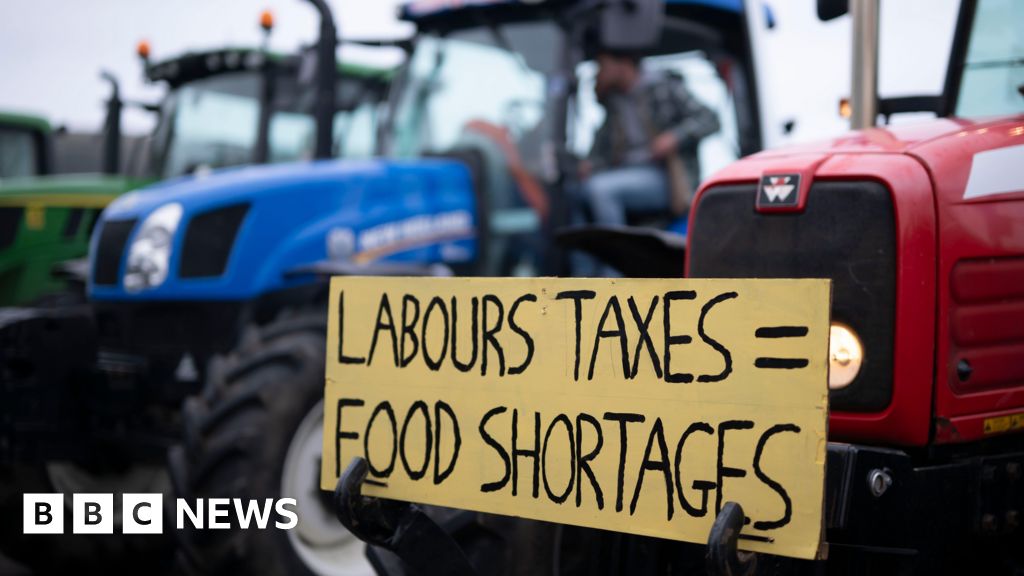
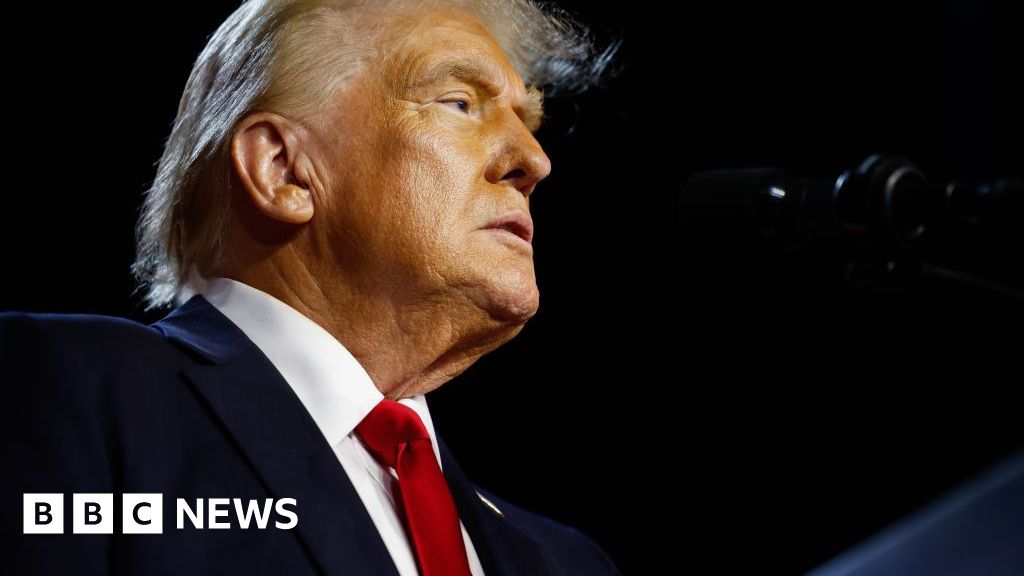
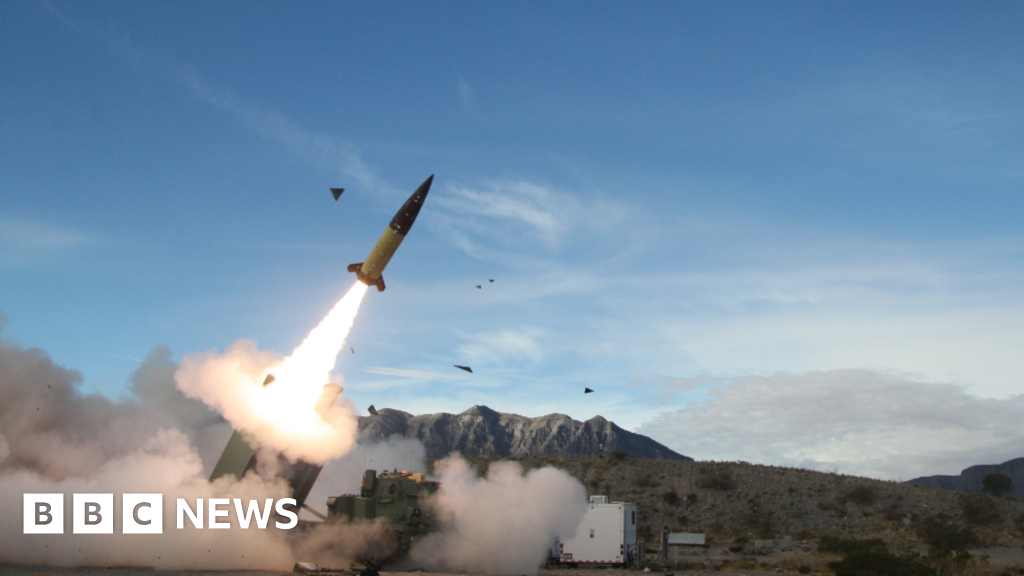
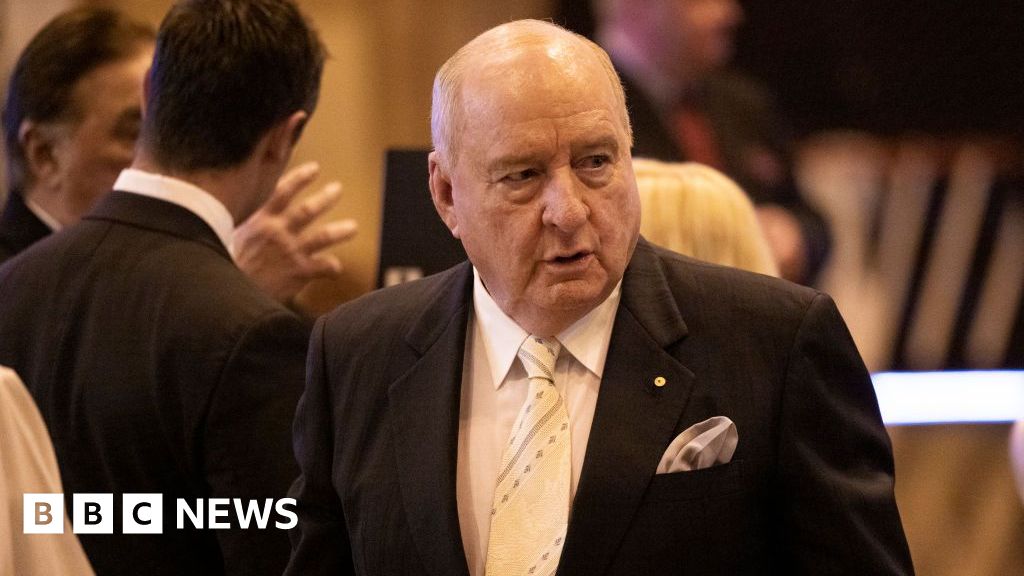
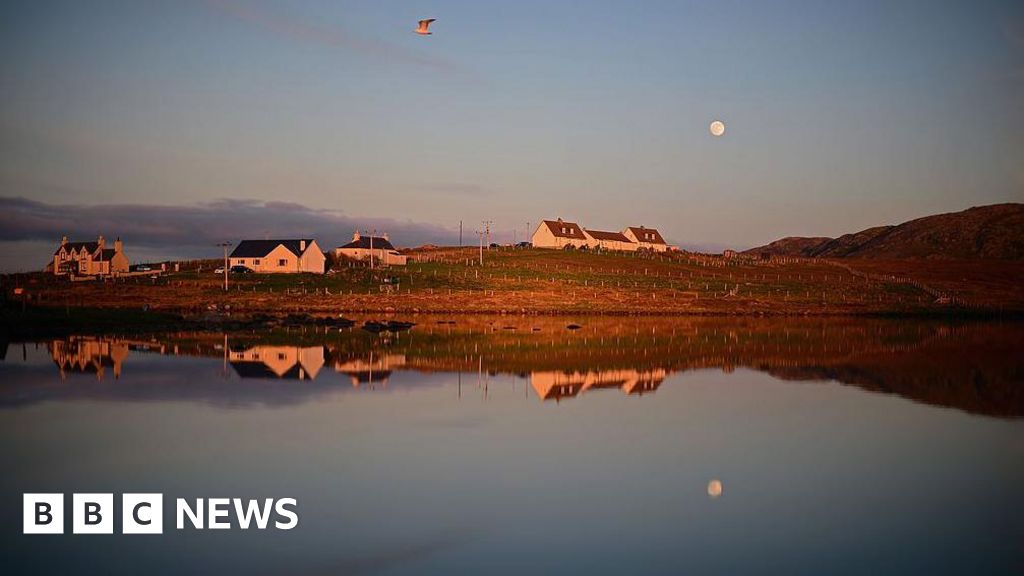
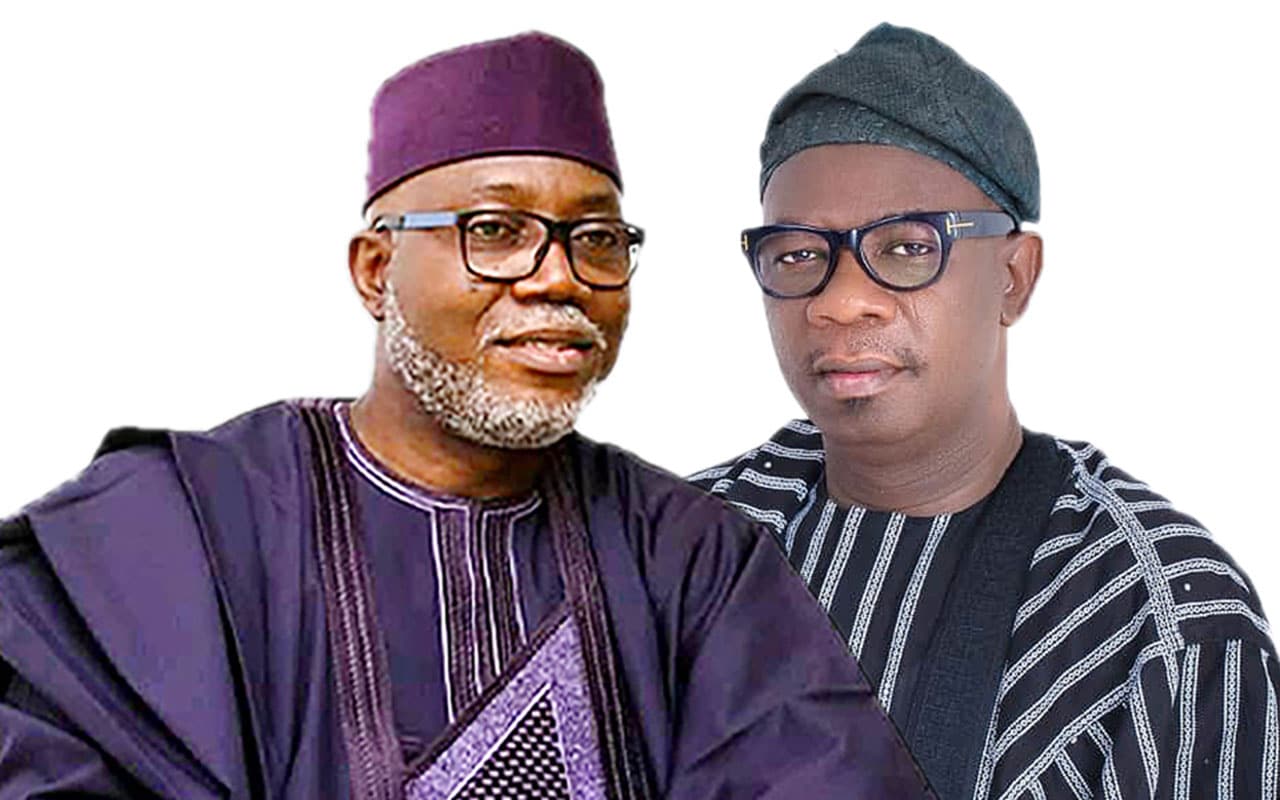

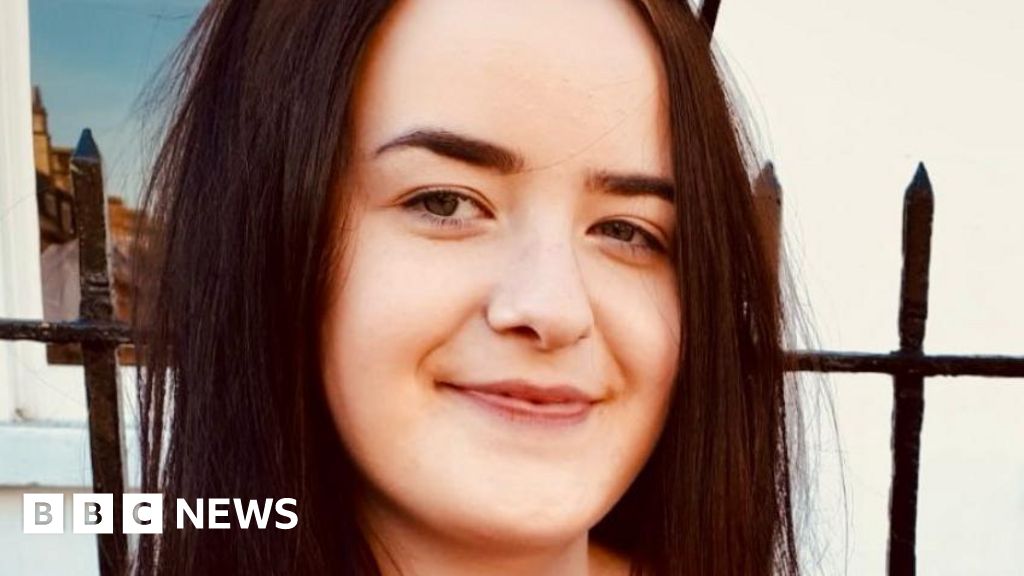


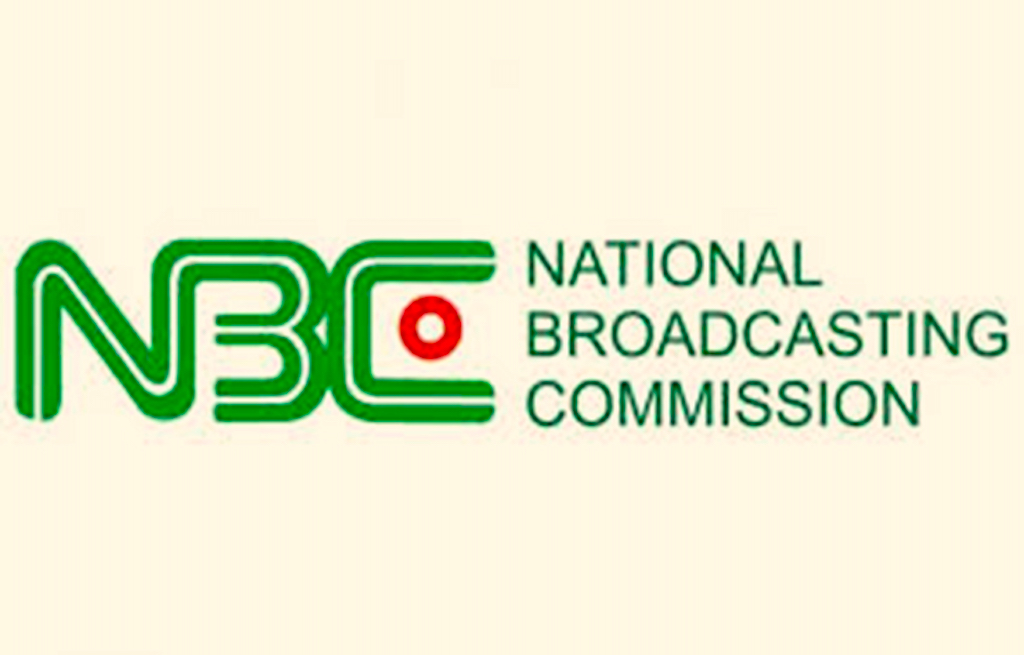



 English (US) ·
English (US) ·